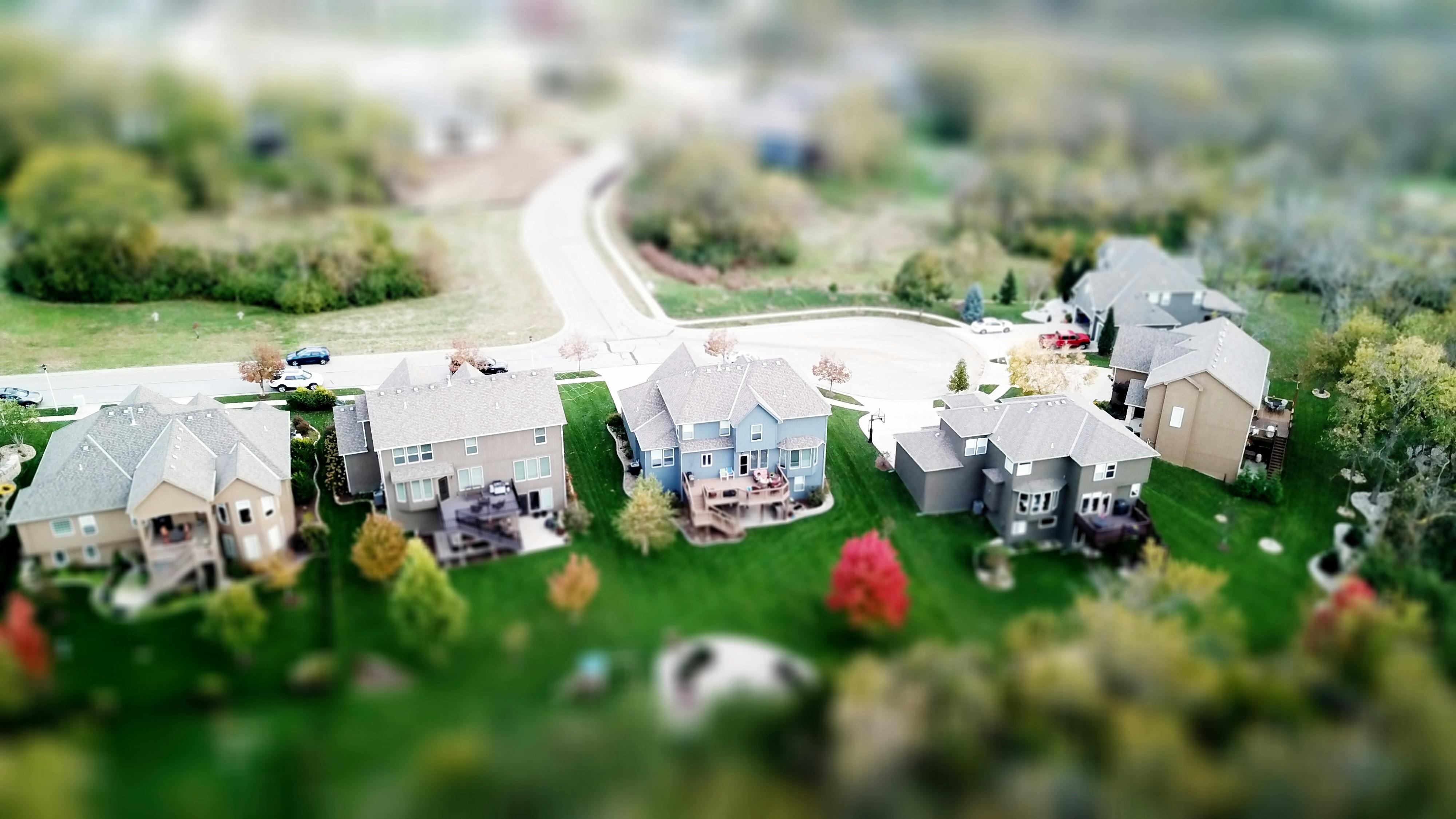Even the best tenants can leave behind more than memories — sometimes it’s damage, unpaid rent, or costly cleanup. That’s where security deposits come in.
While collecting a deposit seems simple, there’s more to it than just holding on to a tenant’s money “just in case.” Georgia landlords must follow specific rules about how deposits are used, stored, and returned. Missteps can cost you time, money, and even legal trouble.
Here are three things every landlord in North Atlanta should know before collecting or returning a security deposit.
1. Security Deposits Have Specific, Legal Uses
Security deposits aren’t a general fund for property upgrades or normal wear and tear. Georgia law limits how they can be used. Landlords may apply a security deposit only to:
Repairs beyond ordinary wear and tear
Cleaning costs beyond what’s considered reasonable
Unpaid rent or late fees
Breach of lease terms
Unpaid utility bills
For example, replacing a carpet that’s naturally worn after several years wouldn’t qualify. But repairing large stains, broken fixtures, or wall damage likely would.
Clear, detailed move-in and move-out inspections — documented with photos — help avoid disputes later.
2. There Are Limits on How Much You Can Charge
In most cases, Georgia landlords charge one month’s rent as a security deposit. However, there are a few exceptions:
Properties that are furnished
Rentals that allow pets or significant alterations
Higher-risk tenants with limited rental history
Charging an excessive deposit can backfire if challenged in court. A professional property management company can help ensure your lease and deposit policies comply with Georgia law while still protecting your investment.
3. Returning Deposits Requires Accuracy and Documentation
Landlords in Georgia must return the security deposit — or provide written notice of deductions — within 30 days of the tenant moving out.
This is where clear documentation pays off. If you’re withholding funds for cleaning or repairs, provide an itemized list showing each deduction and the associated cost. Transparency helps reduce tenant disputes and shows that your process is fair and compliant.
Simplify Security Deposit Management
Security deposits can protect landlords — but they can also create stress if mishandled. Between legal compliance, deadlines, and documentation, managing them correctly takes care and experience.
At PMI North Atlanta, we handle the entire process for you. From tenant screening and inspections to deposit collection and returns, our systems ensure you stay compliant and avoid disputes.
Ready to simplify your rental management?
Contact PMI North Atlanta to learn how we can help protect your property and your profits.


